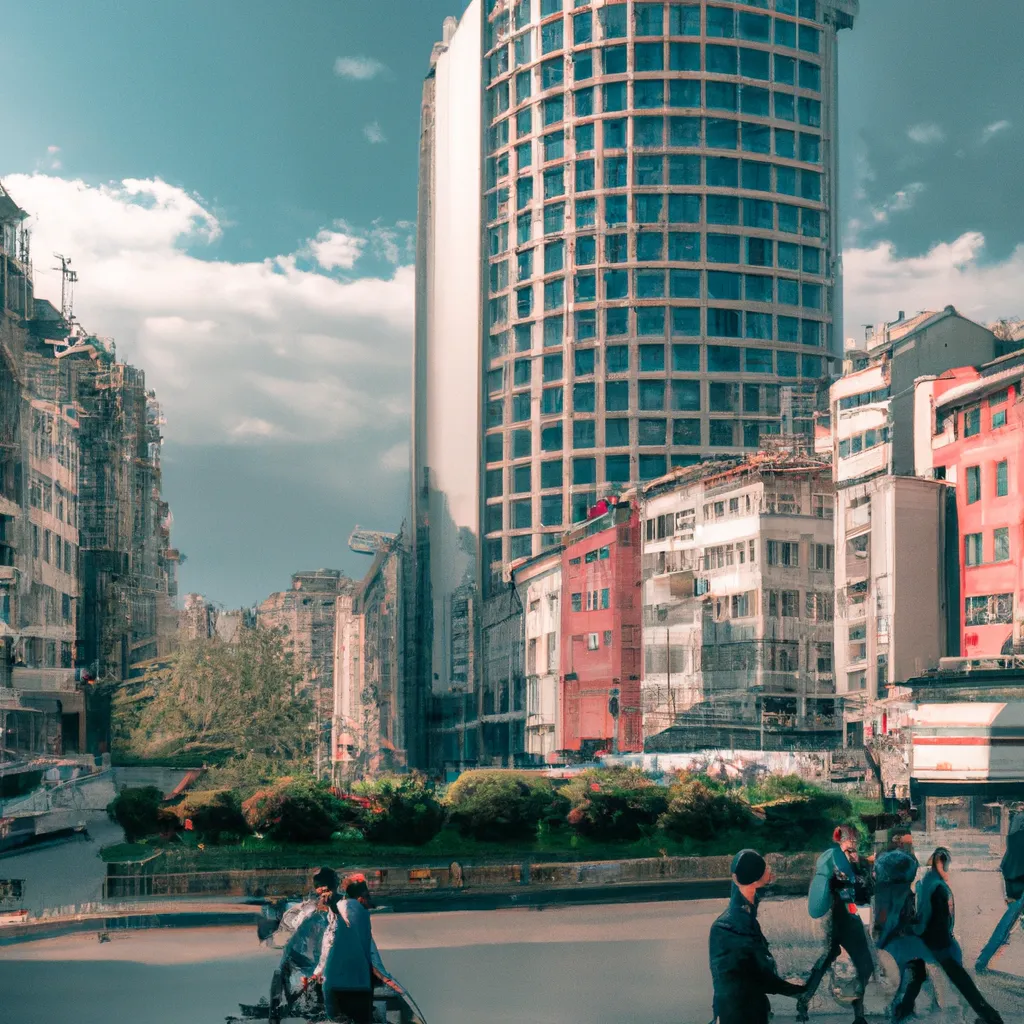Why real estate investors should avoid Turkey.

Published: August 20, 2018, at 12:43 PM.
The devaluation of the Turkish lira may seem attractive to foreign investors when it comes to real estate in cities like Istanbul and Ankara. However, purchasing property in Turkey can still turn out to be a futile endeavor, even when the currency stabilizes. Concerns about the political leadership of Turkish President Recep Tayyip Erdoğan and the deteriorating relations between the country and the United States and the European Union have led to the collapse of the Turkish lira, which reached historically low values at the beginning of the week.
In light of these dramatic fluctuations, some are pointing to Turkish real estate as a great buying opportunity. Foreign investments in Turkish real estate have sharply increased in recent years. Developers have sought to take advantage of the renewed interest in Istanbul and the improved tourism sector in the country, especially along the Black Sea coast. The number of tourists visiting Turkey increased by 31% compared to last year in just the first five months of 2018, according to data from the country's Ministry of Culture and Tourism.
The lira recovered slightly with the announcement from the Qatari government about plans to invest $15 billion in Turkey, but it fell again on Friday. However, Turkey imposed tariffs on imports from the U.S. after President Trump imposed sanctions on the country due to the detention of a pastor accused of terrorism. In any case, buyers are likely to find it more profitable to invest their funds elsewhere.
Here are a few reasons why Turkish real estate might be a too risky bet:
- Housing in Turkey could be a bubble.There is an opinion that the Turkish real estate market shows signs of a bubble ready to burst. However, there are also those who believe that these are just isolated pockets of overvaluation. Observers have been warning about a bubble since last fall. One of the main dangers is that Erdogan directed funds towards the development of the construction business in the country to stimulate economic activity and housing construction.



We will find property in Turkey for you
- 🔸 Reliable new buildings and ready-made apartments
- 🔸 Without commissions and intermediaries
- 🔸 Online display and remote transaction
Our managers will help you choose a property
Liliya
International Real Estate Consultant

Subscribe to the newsletter from Hatamatata.com!
Subscribe to the newsletter from Hatamatata.com!
Popular Posts
We will find property in Turkey for you
- 🔸 Reliable new buildings and ready-made apartments
- 🔸 Without commissions and intermediaries
- 🔸 Online display and remote transaction
Our managers will help you choose a property
Liliya
International Real Estate Consultant

Subscribe to the newsletter from Hatamatata.com!
Subscribe to the newsletter from Hatamatata.com!
I agree to the processing of personal data and confidentiality rules of Hatamatata
Popular Offers


Need advice on your situation?
Get a free consultation on purchasing real estate overseas. We’ll discuss your goals, suggest the best strategies and countries, and explain how to complete the purchase step by step. You’ll get clear answers to all your questions about buying, investing, and relocating abroad.


Irina Nikolaeva
Sales Director, HataMatata




